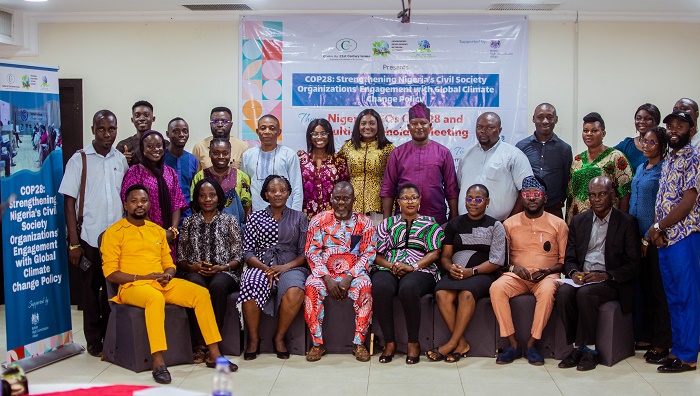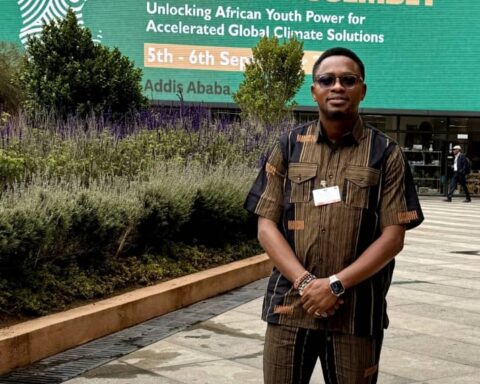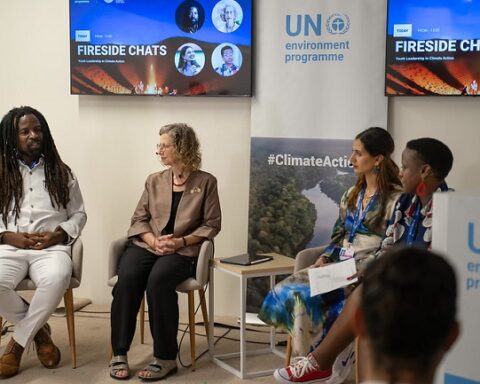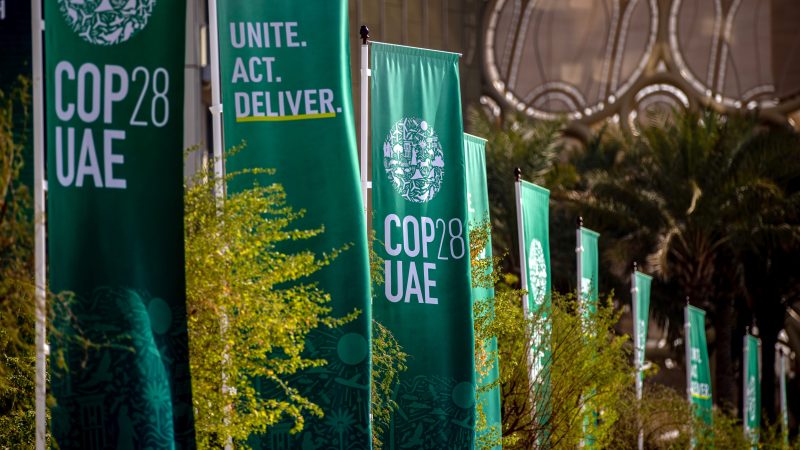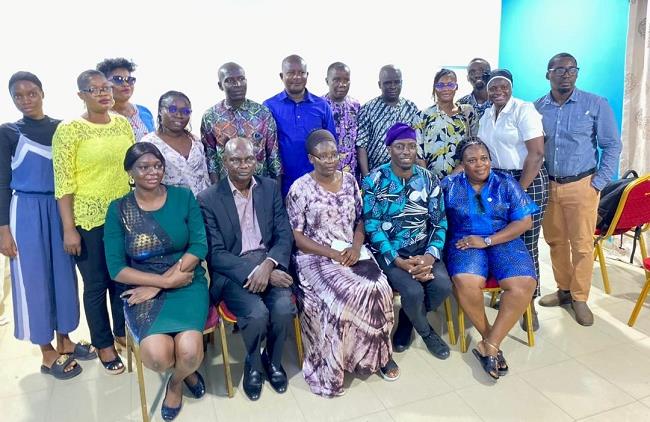In the aftermath of COP28, civil society organizations (CSOs) in Nigeria are expressing cautious optimism while offering constructive critiques of the outcomes of the global climate summit.
Despite the strides made in acknowledging the urgency of climate action and the commitment to reduce fossil fuel consumption, CSOs are emphasizing the need for tangible, enforceable measures to ensure that promises made at COP28 translate into meaningful change.
While acknowledging the unprecedented collaboration among nearly 200 nations at COP28, CSOs are critically assessing the adequacy of the commitments made to address climate change, particularly regarding financial support for developing nations and concrete steps toward achieving net-zero emissions.
The Director of the Society for Planet and Prosperity (SPP) Prof Chukwumerije Okereke, challenges the fervor surrounding the inclusion of ‘transitioning away from fossil fuel’ in the COP28 text, asserting that the real determinant of climate action lies in political economy rather than symbolic declarations.
In collaboration with the Nigeria Climate Justice Alliance (NCJA), the SPP, Centre for 21st Century Issues (C21st Issues), and EnviroNews Development Network (Endenet) are working on a project supported by the British High Commission to enhance the engagement of Nigerian CSOs with global climate change policy.
Titilope Akosa, Executive Director of C21st Issues, emphasizes the importance of just transition pathways aligned with the Paris Agreement’s temperature goals, particularly for developing nations.
She advocates for grant-based, gender-responsive climate finance and demands that affluent nations settle their climate debts to ensure a fair transition without burdening local communities.
Gloria Bulus, Executive Director of Bridge-That-Gap Initiative and Leader of Climate Realty views COP28 as a pivotal event despite imperfections in the UAE consensus.
She sees hope in collective action to address climate crises, emphasizing individual responsibilities for the planet’s future.
The Centre for Environment and Rural Development (CERD) expresses disappointment with COP28, citing the absence of enforceable agreements or standard timelines.
Ahmed Tamiyu, Executive Director of Community Action Against Plastic Waste (CADws), sees Dubai’s plastic waste scandal as a positive step toward the Paris Agreement and a new era.
Sam Onuigbo of the Climate Axis and Strategic Initiative applauds COP28 for achieving a global agreement to shift away from fossil fuels and limit global warming to 1.5 degrees Celsius. He attributes this success to President Tinubu of Nigeria’s inspiration for bilateral agreements and partnerships for sustainable development.
Dr. Joseph Onoja of the Nigeria Conservation Foundation (NCF) believes that the less ambitious nature focus of COP28 could lead to a better outcome, with a commitment to advancing global recognition of nature in cities and advocating for indigenous people.
Olumide Idowu, Executive Director of ICCDI Africa emphasizes the need for the developed world to fulfill its climate finance obligations by using profits from fossil fuel production to fund renewable energy development.
Usman Muhammad Mareri, Executive Director of the Center for Renewable Energy and Action on Climate Change, applauds the approval and replenishment of Loss and Damage with over $400 million and supports the gradual phase-out of fossil fuels.
Prince Israel Orekha, Executive Director of Connected Advocacy for Empowerment and Youth Development Initiative, highlights the gap in emission reduction commitments and calls for inclusive decision-making processes and technology transfer for a just transition in addressing the root causes of the climate crisis.
By Dare Akogun


